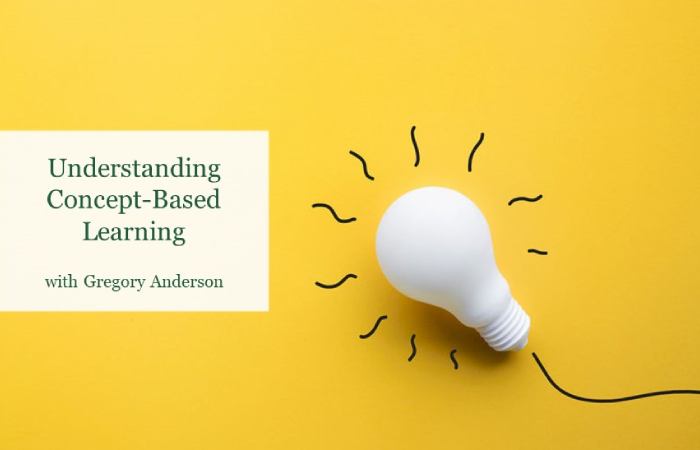Conceptual Knowledge Write For Us refers to a deep understanding of principles, theories, relationships, and frameworks that help individuals make sense of information, situations, and problems. Unlike rote memorization, which focuses on facts and procedures, conceptual knowledge emphasizes why something works and how different ideas connect with one another. It is the foundation of advanced thinking, problem-solving, innovation, and effective learning across all fields—education, science, business, technology, and more.
At its core, conceptual knowledge allows a person to see the bigger picture. Instead of viewing information in isolation, it emphasizes relationships between concepts. For example, in mathematics, it is not just about knowing formulas but understanding why those formulas work and how they apply in various situations. In science, helps learners understand underlying laws and theories rather than merely memorizing definitions. This makes learning more flexible, transferable, and meaningful.
Conceptual knowledge is essential in the modern world, where information is constantly changing. Facts may become outdated, but a strong foundation enables individuals to adapt, learn new skills quickly, and apply existing knowledge to unfamiliar contexts. Whether it’s understanding the logic behind a software program, grasping business strategies, or comprehending social systems, conceptual knowledge empowers individuals to think critically and make informed decisions.
 How to Submit?
How to Submit?
To submit your guest post on Conceptual Knowledge, please follow these steps:
- Prepare your article in a clean, well-structured format.
- Ensure the content is original, plagiarism-free, and informative.
- Attach your article in Word/Google Docs format.
- Send your submission along with your name, short bio, and relevant links to our official email: [your email/contact page here].
- Our editorial team will review your content and notify you upon approval.
To write for us, you can email us at contact@techsmartinfo.com
Why Write for Us?
- Gain exposure to a wide audience interested in education, research, cognitive science, and knowledge systems.
- Build authority and enhance your portfolio with high-quality published work.
- Contribute to meaningful conversations about learning, thinking, and conceptual development.
- Earn backlinks that improve your website’s SEO and online presence.
- Engage with a platform that values well-researched, thoughtful content.
Guidelines of the Article
- Minimum 800–1200 words with clear headings and subheadings.
- Content must be 100% original and not published elsewhere.
- Use simple, clear, and engaging language suitable for a global audience.
- Provide practical examples, case studies, or real-world applications when relevant.
- Avoid promotional or overly biased content.
- Include credible sources or references when mentioning facts or research.
- Add a short author bio (50–80 words).
Search Terms Related to Keyword
- Conceptual knowledge definition
- What is conceptual understanding
- Types of knowledge in learning
- Conceptual knowledge examples
- Conceptual learning methods
- Conceptual vs procedural knowledge
- Conceptual frameworks in education
- Deep learning and conceptual thinking
- Cognitive science conceptual understanding
